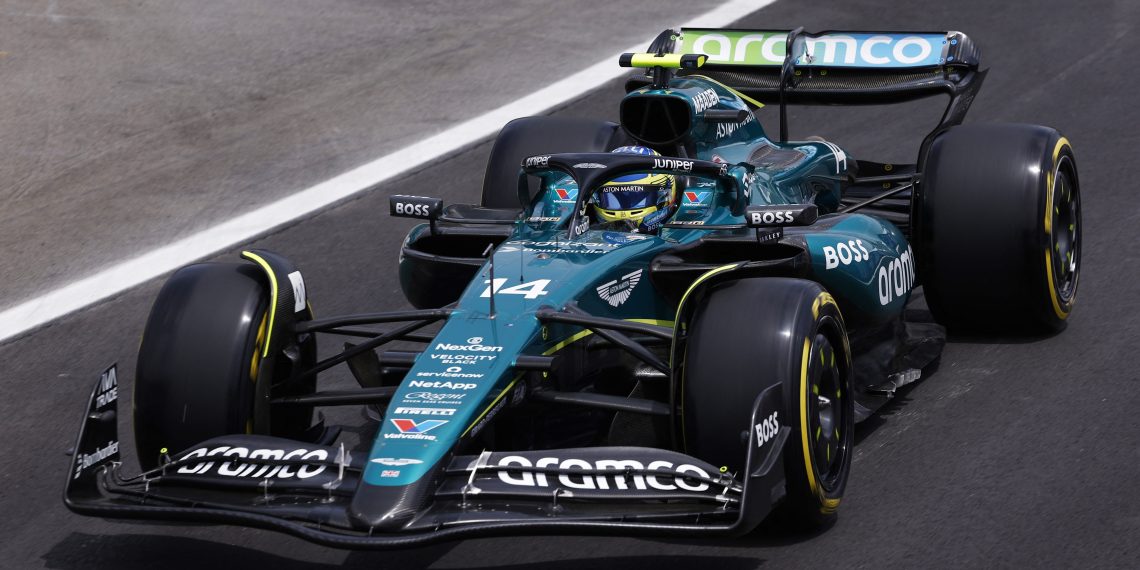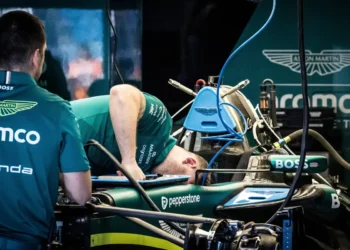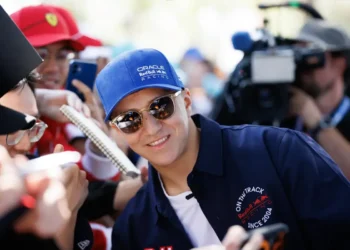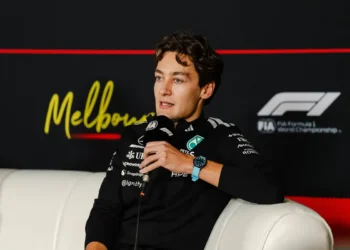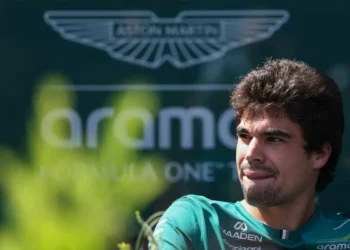The conclusion of the 2024 Formula 1 season finds Aston Martin in an all-too-familiar position—fifth in the Constructors’ Championship. But a mere glance at the standings belies the turbulence and disappointment that has defined the British team’s campaign this year. Aston Martin’s story of 2024 is one of early potential squandered, technical missteps, and a desperate search for redemption.
From Glory to Gloom
The team that dazzled in early 2023 with Fernando Alonso regularly battling for podiums and even sniffing at victory has now regressed. A stark statistic illustrates this: Aston Martin’s 86 points in 2024 are a shocking 150 points fewer than last season.
The root of this fall lies in the AMR24. Where its predecessor, the AMR23, excelled in stability, tire management, and consistent pace, the AMR24 has proved an unwieldy beast. Its narrow working range, instability under braking, and significant aerodynamic shortcomings in medium and fast corners have left even a driver of Alonso’s caliber struggling to extract its potential.
Dan Fallows: From Hero to Relegation
Dan Fallows, whose ideas helped propel the AMR23 into contention in 2023, has seen his role dramatically reduced. Initially heralded as a game-changing technical director, his subsequent updates to the car proved largely ineffective. Aston Martin’s decision to move him to a production-focused role at their Gaydon facility signals a lack of faith in his ability to lead the team back to competitiveness.
A Season of Missed Targets
Despite introducing seven upgrades throughout the season, Aston Martin failed to address the car’s fundamental flaws. While rival teams unlocked performance gains by focusing on areas like the rear wing, Aston Martin appeared to overlook this critical aspect, focusing instead on a flawed aerodynamic philosophy.
Eric Blandin, the team’s aerodynamics lead, has admitted that the AMR24’s focus on high-speed performance was misplaced, referencing McLaren’s successful MCL36 as a missed benchmark. A pivot back to a more balanced aerodynamic approach seems inevitable for 2025.
2025: A Year of Transition
Next season is shaping up as a crucial rebuilding year for Aston Martin. Key technical leadership changes include:
- Luca Furbatto: Tasked with overseeing the mechanical aspects of the AMR25, Furbatto will aim to course-correct from the AMR24’s erratic handling characteristics.
- Eric Blandin: Remaining in charge of aerodynamics, Blandin must pivot from the failed aero philosophy of 2024 to recapture the stability and balance of the AMR23.
The decision to abandon the AMR24’s design principles and return to a low-speed-focused concept reminiscent of the 2023 car highlights Aston Martin’s determination to get back on track. However, the upcoming season will also test the team’s ability to integrate its expanding resources and personnel into a cohesive development program.
Glimmers of Hope for the Future
While 2024 was a disappointment, Aston Martin’s long-term prospects remain intriguing:
- New Headquarters and Facilities: The state-of-the-art Silverstone facility, complete with cutting-edge wind tunnel and CFD systems, gives Aston Martin a significant technical boost.
- Honda Partnership for 2026: The exclusive engine deal promises a competitive power unit, potentially a game-changer for the team.
- Adrian Newey’s Involvement: The legendary designer’s advisory role starting in 2025 could bring invaluable insight and innovation.
- Enrico Cardile’s Arrival: The ex-Ferrari technical director’s expertise is expected to elevate Aston Martin’s engineering capabilities.
The Big Unknown: 2025
With 2026’s ambitious plans on the horizon, 2025 looms as a season of unknowns. Can Aston Martin’s reshuffled technical team deliver a car that bridges the gap between the highs of 2023 and the promise of 2026? Will Fernando Alonso remain patient with the team’s progress, or could frustrations boil over?
For now, Aston Martin fans must endure another year of uncertainty, but the ingredients for a return to prominence are beginning to come together. The challenge will be converting potential into performance—something the team failed to do in 2024.

